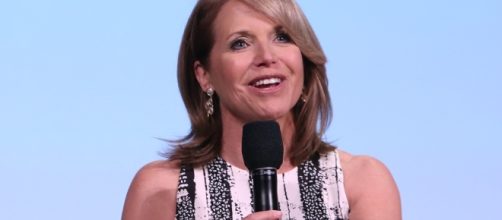The Virginia Citizen’s Defense League, a second amendment gun rights group, has decided to appeal the dismissal of its suit against Katie Couric for her deceptive editing of an exchange between its members and Couric in a documentary called “Under the Gun” according to the Washington Free Beacon. The case was dismissed by Judge John Gibney Jr., an Obama appointee because in his view the editing did not alter the facts of what occurred.
What does the VCDL allege?
The Virginia Citizen’s Defense League claims that Couric and her producers edited an exchange between Couric and members of the VCDL in which the interviewer posed questions to the gun rights advocates, and they responded with detailed answers.
The interview segment was edited to remove the answers and insert footage of the VCDL looking on in what appeared to be stunned, confusion silence. The gun rights group maintain that this deceptive editing made their members seem to be foolish and ignorant, which constitutes in their view defamation.
Why did Judge Gibney rule the way he did?
Gibney dismissed the suit on the theory that the answers that the VCDL members gave were not responsive to the questions Couric posed. He claimed that the editing demonstrated the “sophistry” of the plaintiffs. The judge’s assessment is debatable, at best, substituting what appears to be a political bias on his part for a ruling based on the law and the facts of the case.
Why is the VCDL appealing?
Besides the objective fact that Judge Gibney’s ruling was outrageous on its face, it sets up a horrible precedence. If the ruling stands, then news organizations will have leave to twist and alter a person’s words to fit a political agenda. In effect, any newsgroup will be able to use deceptive editing of interviews to make people it does not like to appear foolish or evil, and that person would not have any recourse. Judge Gibney’s ruling would have the effect of overturning libel laws without recourse to legislation. The case now goes to a three-judge panel of the Fourth Circuit Court of Appeals where the plaintiffs hope they will get a fair hearing.
Is what Couric did a common practice?
News organizations often alter interview footage, they say to fit limited time slots. However, accusations of deceptive editing have cropped up before, not only against legitimate news shows such as “60 Minutes” but fake news programs, such as “The Daily Show.” People who go on these interviews often bring their own cameras to record the entire session so that they will have evidence in the event they feel they have been victimized.


